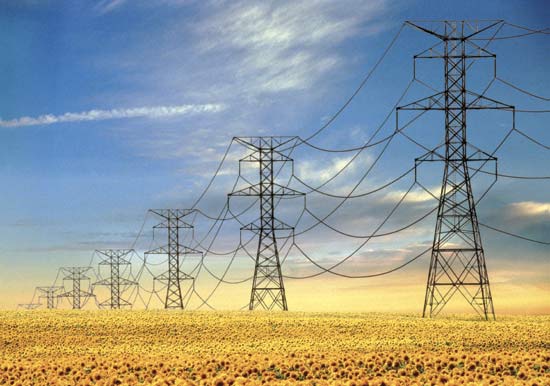Last month the European Commission announced their plan to integrate all 28 national energy markets of the EU, with the main goal of independence from energy imports (i.e. gas from Russia). The current fragmented system will be transformed into an "Energy Union" where gas and electricity are freely transported within Europe.
The EU as a whole is the largest importer of natural gas in the world and many member states are 100% dependent on Russia for gas. To alleviate this dependence, the EU plans to build a new “southern corridor” that will pump gas from the Caspian basin to Europe via Turkey.
An EU-wide regulatory framework will also call for a unified energy policy, which may prove to be a challenge. Will Germany and Austria be able to agree on a policy that includes nuclear energy? How will renewables be leveraged in a larger, more complicated market? The EU's target is to have nearly a third of electricity from clean energy by 2030.
Each of the member states has different resources and different costs for producing electricity. A unified grid and gas network might mean that energy prices are reduced in some states at the expense of consumers in others. Formulating an energy strategy, taking into account all of the European stakeholders, will be complicated and likely involve intense negotiations between states.
However, the benefits for an energy union are apparent: reduced dependence on gas imports, more options for consumers, and investment into a smarter grid to increase energy efficiency. And, maybe Germany will even reverse their nuclear energy phaseout mandate?


 RSS Feed
RSS Feed

